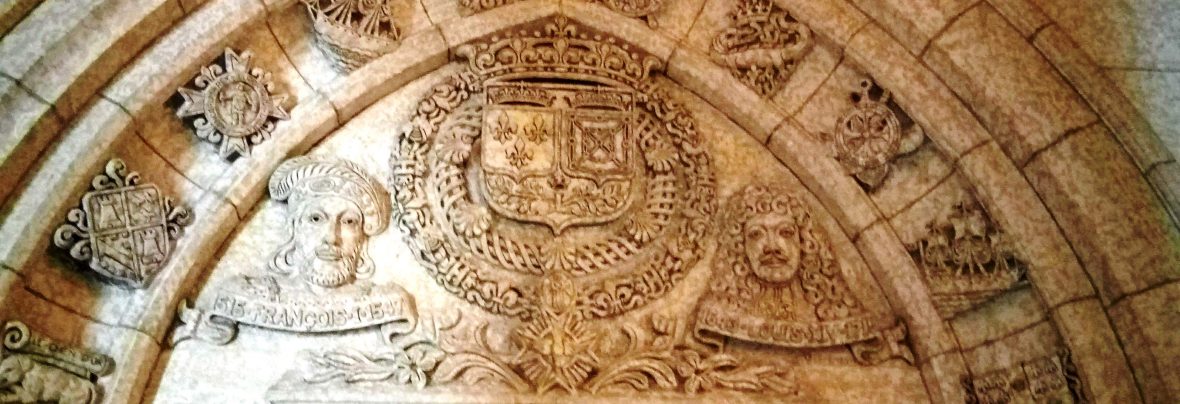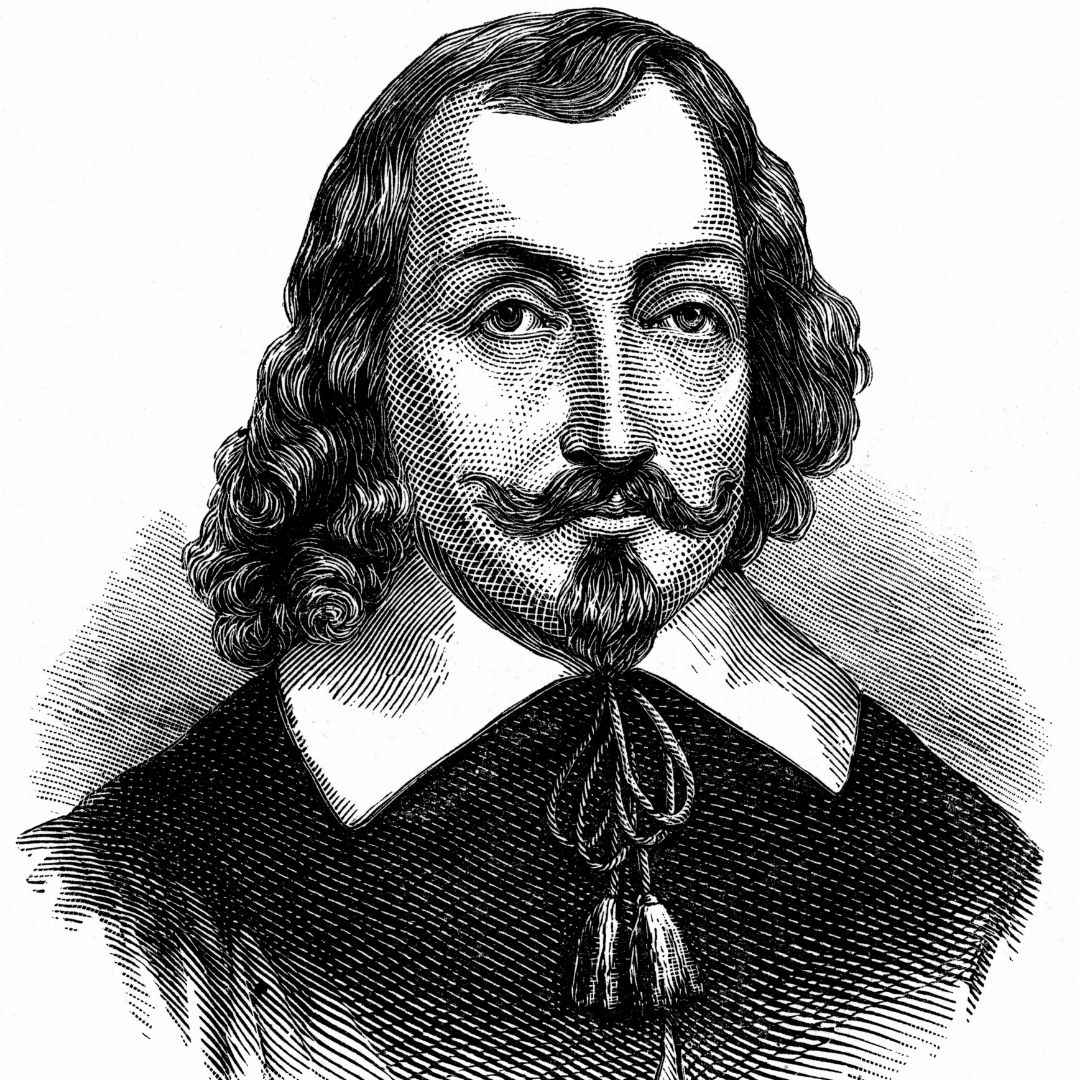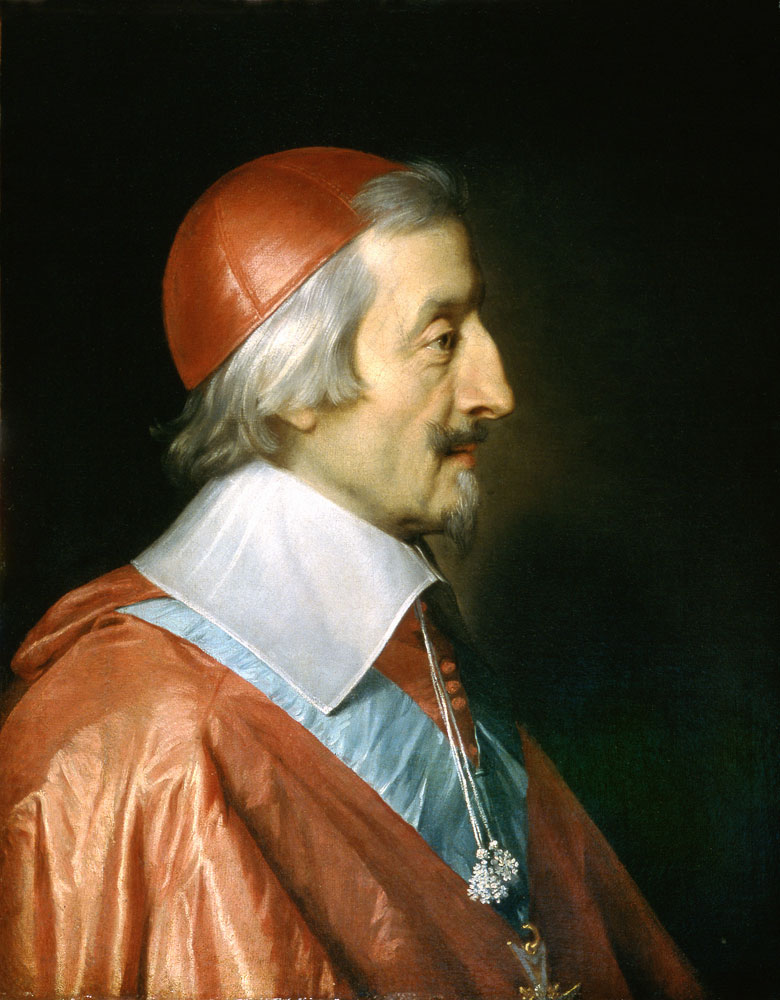Canadian History With New Eyes: The Dark Ages?
The Dark Ages & the French Wars of Religion Some time ago, I started to
Home / From France to Canada to Dominion Day



The Dark Ages & the French Wars of Religion Some time ago, I started to
In many places, like legislatures and schools, the Bible is considered ‘hate literature’. Counseling someone
Britain’s claim of Rupert’s Land by the Doctrine of Discovery, proved to be one of
Dominion Day had been a federal holiday that celebrated the enactment of The British North American Act which united four of Britain’s colonies – Nova Scotia, New Brunswick, Upper and Lower Canada (which became Ontario and Quebec), into a single country within the British Empire, and named that country The Dominion of Canada.